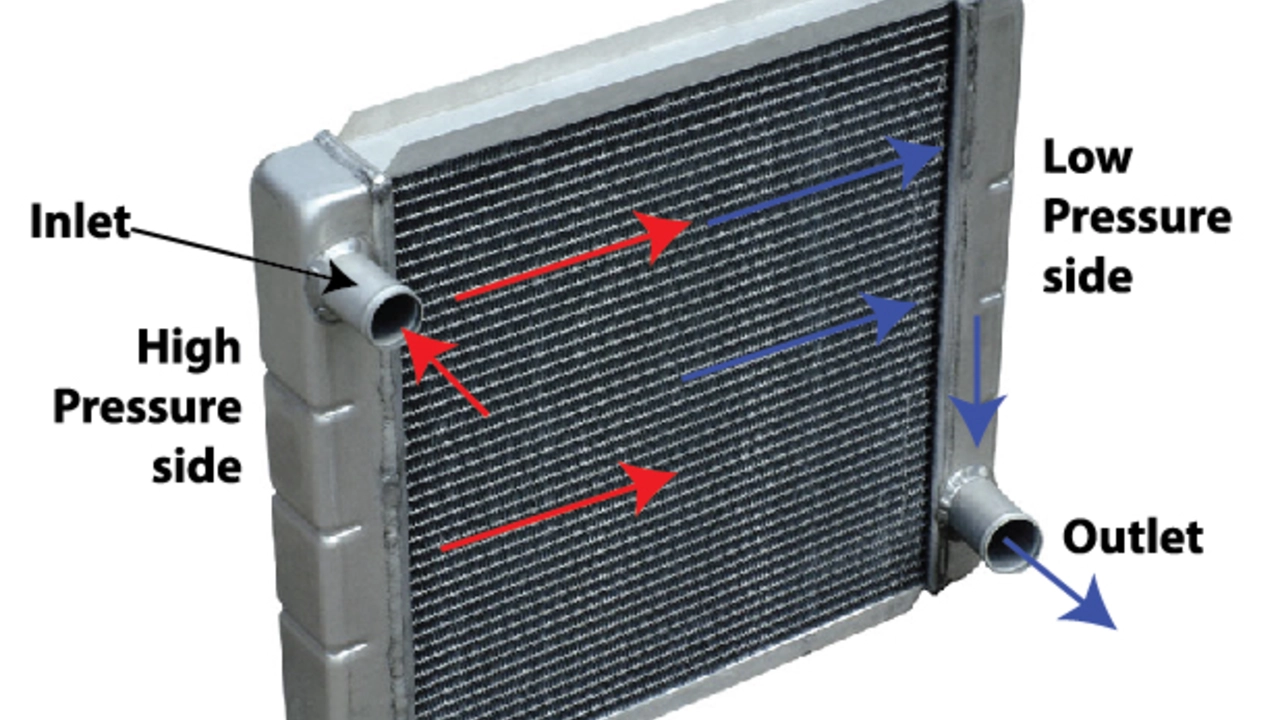Car Problems: Quick Fixes & Tips for Your German Sports Car
If you own a BMW, Porsche, Audi or Mercedes, you love the power, the look, the sound. But those high‑performance machines also bring a few headaches. In this guide we’ll zoom in on the problems you’re most likely to hit and give you simple steps to keep your car running smooth.
Why Your Radiator Might Be Cold
A cold radiator usually means the engine isn’t getting its cooling juice. First thing to check is the coolant level – low fluid is the most common cause. If the tank looks fine, feel the hoses after the engine warms up. Warm hoses and a cold radiator often point to an air lock inside the system. To bleed the air, open the bleed valve (or the highest hose) and let coolant flow until you see a steady stream without bubbles.
Another culprit is a stuck thermostat. The thermostat stays closed when it’s faulty, so hot coolant never reaches the radiator. You can test it by feeling the radiator after a short drive; if it stays cool, replace the thermostat. Finally, a failing water pump won’t push coolant through the system. Listen for a whining noise or look for coolant leaks near the pump bearing – both signal it’s time for a new pump.
Spotting Reliability Red Flags
German luxury brands pack advanced tech, which is great for performance but can bite you later. Pay attention to any warning lights that appear after a few weeks of ownership – especially the “check engine” or “service brake” signals. Those lights often hide problems with sensors, injectors, or even the transmission.
Another red flag is a sudden drop in power or strange noises from the gearbox. Dual‑clutch transmissions in many sports cars are prone to wear if you shift aggressively with the rev‑match off. If you feel a shudder during upshifts, have the clutch plates inspected early – it’s cheaper than a full rebuild.Electrical gremlins also love high‑end cars. If you notice flickering headlights or erratic infotainment, the battery may be fine but the alternator’s voltage regulator could be failing. A quick voltage test with a multimeter can confirm if you’re getting consistent 13.5‑14.5 V at idle and under load.
Regular maintenance is your best defense. Change the oil and filter every 5,000‑7,500 miles, keep the coolant flush schedule, and don’t skip the brake fluid swap. Even if the car feels perfect, these small checks stop minor wear from becoming costly repairs.
When a problem shows up, don’t guess – use a diagnostic scanner. Many modern German cars store fault codes that point straight to the issue. Even a basic OBD‑II reader will give you the code, and a quick web search usually tells you the exact component to look at.
Remember, a sports car is a living machine. The more you listen to it, the longer it will give you those thrilling rides. Keep an eye on coolant levels, watch for warning lights, and don’t ignore odd sounds. With these habits, you’ll spend more time on the road and less time in the garage.
